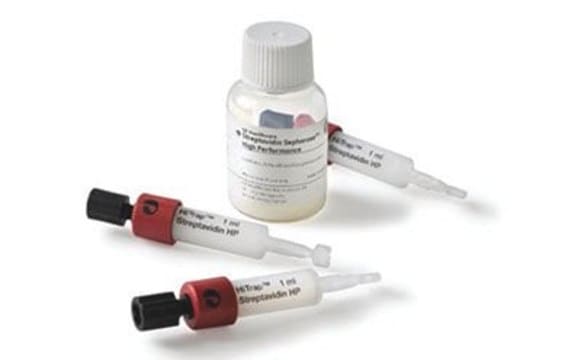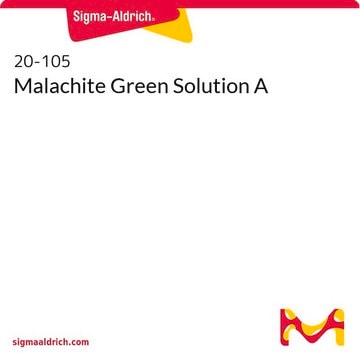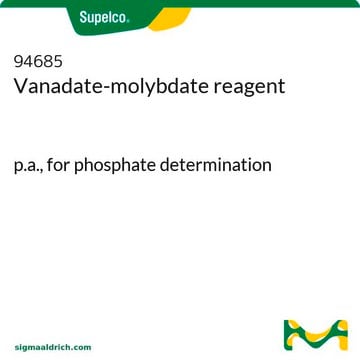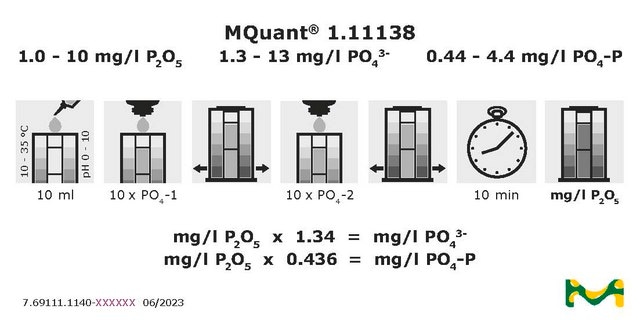Phosphate is an essential component in living organisms and contributes to a variety of biological functions, including structural roles within nucleic acids, cellular membranes and bone. Phosphate is also important in the transport of cellular energy, nucleic acid metabolism and signal transduction.
[1][2] Hyperphosphatemia, a condition of excess phosphate levels in the blood, can lead to calcification of organs and interference with usage of other inorganic ions, such as iron, calcium, magnesium and zinc.
[3][4]Phosphate is an essential component in living organisms and contributes to a variety of biological functions, including structural roles within nucleic acids, cellular membranes, and bone. Phosphate is also important in the transport of cellular energy, nucleic acid metabolism, and signal transduction. Hyperphosphatemia, a condition of excess phosphate levels in the blood, can lead to calcification of organs and interference with usage of other inorganic ions, such as iron, calcium, magnesium, and zinc.
The Phosphate Colorimetric Assay Kit provides a simple and direct procedure for measuring phosphate in a variety of samples. Phosphate reacts with a chromogenic complex, which results in a colorimetric (650 nm) product proportional to the amount of phosphate present. Phosphate concentrations between 1 μM and 1 mM, with a lower limit of detection of 0.1 nmol, can be directly determined.










